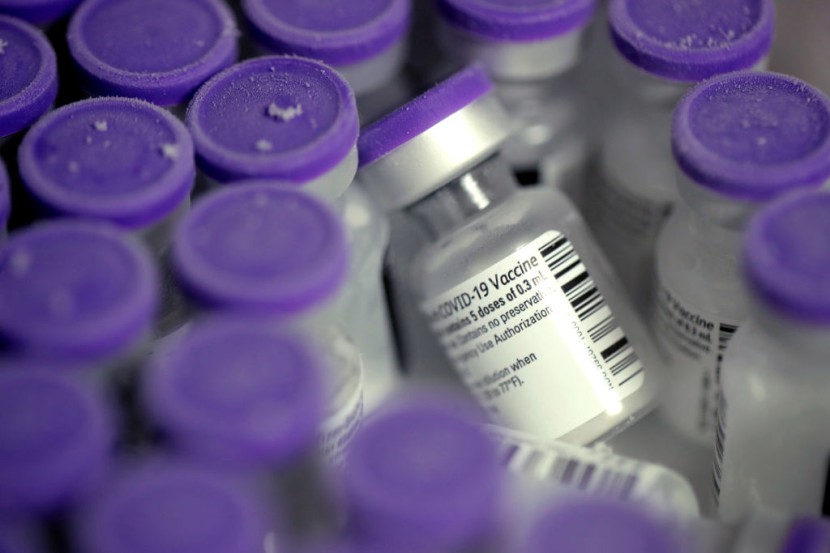
When are the COVID-19 vaccines for children coming? This is the question posed by many parents as adults susceptible to the novel coronavirus line up to be vaccinated. The short answer is not before late summer.
COVID-19 Vaccine for Kids
Children, at least first-graders, may be administered with the coronavirus vaccine by the time school starts in September. According to Dr. Anthony Fauci, director of the National Institute of Allergy and Infectious Diseases, this is presuming trials are successful in such age groups.
Fauci said that "We're in the process of starting clinical trials in what we call age de-escalation, where you do a clinical trial with people 16 to 12, then 12 to 9, then 9 to 6," reported ProPublica.
He added, "I would think by the time we get to school opening, we likely will be able to get people who come into the first grade."
Two vaccine candidates (Moderna and Pfizer) have received emergency use authorization by the Food and Drug Administration (FDA). The two vaccines are about 95 percent effective against COVID-19.
Children have been excluded from vaccine clinical trials. This raises questions about when they will be immunized, reported Parents.
Even when such vaccines hit the market, they will not be available to kids. Pfizer merely recently began enrolling children as young as 12, reported NPR.
Researchers will need to evaluate the dosages, number of doses, and the interval between doses that work best in children. Pediatric infectious disease experts stated this process could span many months.
The Pfizer vaccine authorized in the United States this February is designated for people 16 and older. Testing commenced in October in kids as young as 12 and is expected to span many more months.
In Pfizer's clinical trial, over 2,200 children were enrolled between 12 and 15 years old. In Moderna's trial, they aimed for 3,000 children from 12 to 17 years old.
Also Read: WHO: COVID-19 Unlikely to Have Originated from Wuhan Lab
Kids' immune systems differ from adults. Their immune responses vary at different ages, from infancy through the adolescent years. So the research done on the COVID-19 vaccine for 16 years old and up needs to be repeated in kids of younger ages.
With COVID-19 vaccines proven to be safe and effective in most adults, and if such trials for 16 years old and up go smoothly, the vaccines will be tested in younger children.
Depending on how the vaccines perform in such age group, the companies may then conduct tests on younger children. The Food and Drug Administration often takes a few weeks to review data from a clinical trial and approve a vaccine.
As optimistic as Fauci is, numerous pediatricians and infectious disease experts remarked that they wish the pediatric trials would go on more swiftly. Aside from restoring stability to the education system, parents' work schedules, and ensuring their children's safety, vaccination is essential to helping the United States reach herd immunity and diminish the threat of new variants.
According to Christine Turley, M.D., Pediatrics Specialist and vice-chair of research at Atrium Health Levine Children, "When testing vaccines, we usually start with adults and work down to children to establish safety data."








